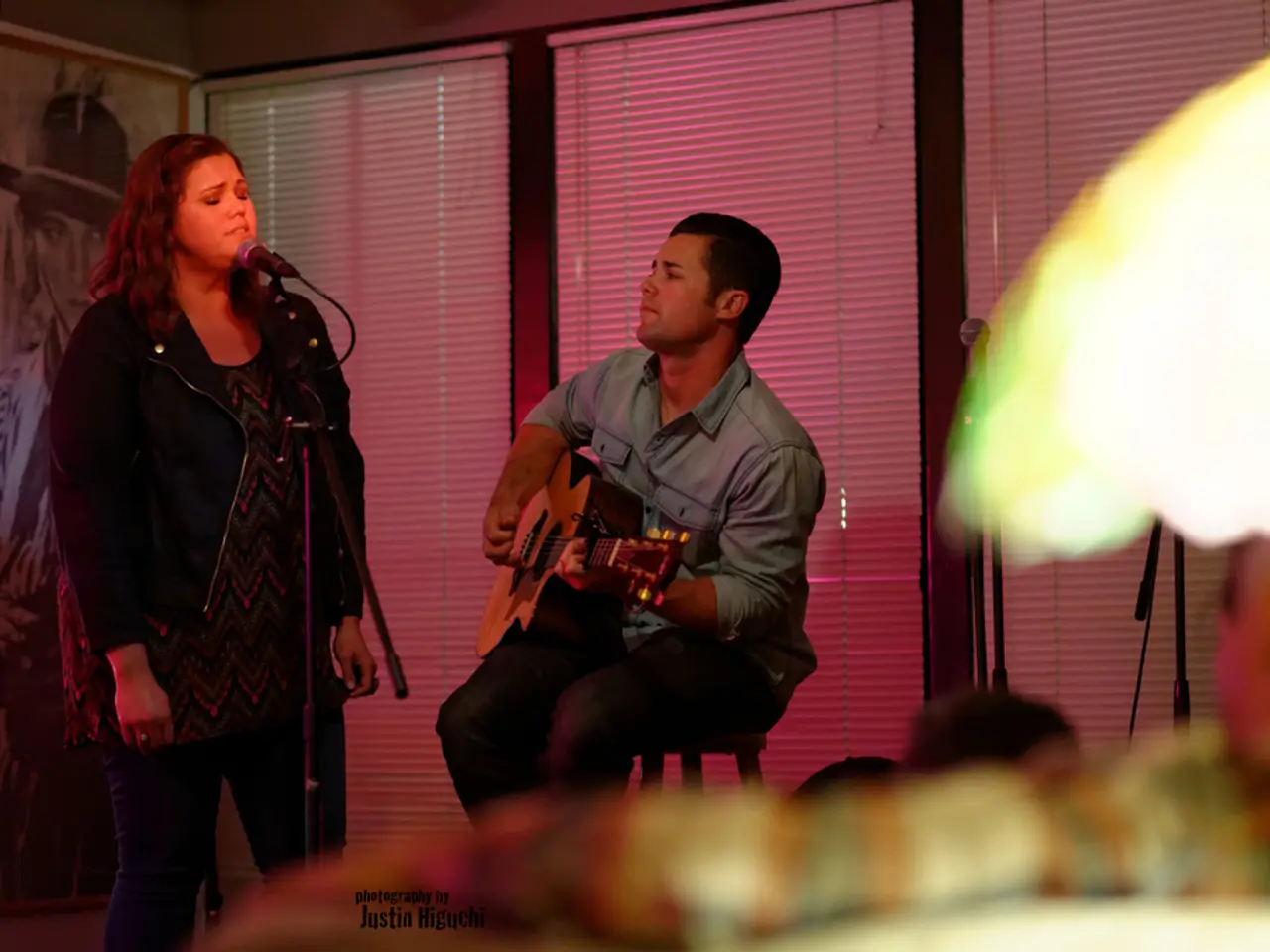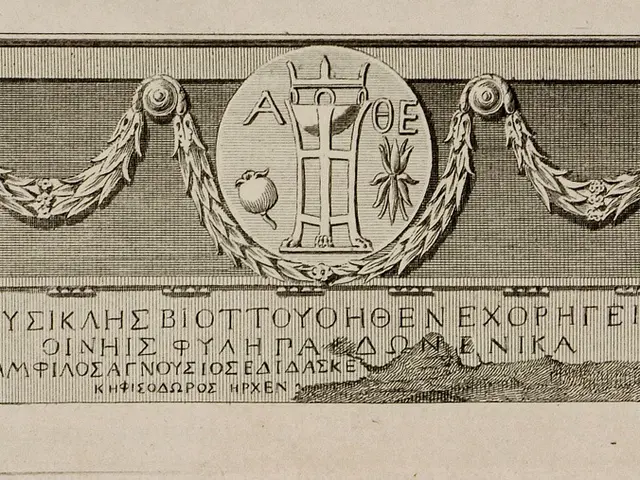The Impact of Music on Cinema
In the world of cinema, music plays an integral part in creating an immersive and memorable experience for audiences. The choice of music is carefully selected to complement the tone, themes, and emotional arcs of a film.
Music serves as a powerful narrative tool, conveying subtext and underlying emotions that may not be explicitly shown on screen. It establishes connections between characters through recurring musical themes and helps create lasting memories and emotional connections that transcend time and place.
Recent innovative and influential film composers have shaped film music with their unique styles and groundbreaking contributions. Composers such as Hans Zimmer, Hildur Guðnadóttir, Ludwig Göransson, and Trent Reznor & Atticus Ross have left indelible marks on the industry with their captivating scores.
The emotional impact of music in films is undeniable. It has the power to evoke strong emotions, from joy to sadness, while creating nostalgia for different time periods or settings. For instance, the high-energy, adrenaline-pumping music often associated with action movies contrasts sharply with the melodic, emotional scores of romantic films.
To create scores that effectively enhance storytelling, composers must immerse themselves in the world of the film, understanding its thematic elements, character dynamics, and emotional arcs. They work closely with filmmakers from initial discussions about thematic elements through composing original scores that seamlessly integrate with all aspects of filmmaking processes.
Music can be used to manipulate audience emotions by creating a specific mood, heightening tension, or evoking particular feelings. For example, pulse-pounding rhythms or dramatic musical cues can build suspense during action scenes, while dissonant harmonies or minimalistic soundscapes can create an atmosphere of foreboding or unease.
Moreover, music plays a crucial role in creating atmosphere by evoking specific emotions while enhancing visual elements on screen through carefully selected musical cues that complement imagery. This synergy between music and visuals can elevate the cinematic experience, making it more engaging and impactful for viewers.
Lastly, music in movies enhances storytelling and character development through the use of leitmotifs and recurring musical themes. These recurring musical elements can help audiences remember key moments in a film, making the narrative more memorable and emotionally resonant.
In conclusion, music plays a pivotal role in the art of filmmaking, serving as a powerful tool for storytelling, character development, and emotional engagement. Whether it's setting the tone, creating atmosphere, or enhancing visual elements, music is an essential ingredient in crafting a successful and memorable film.








